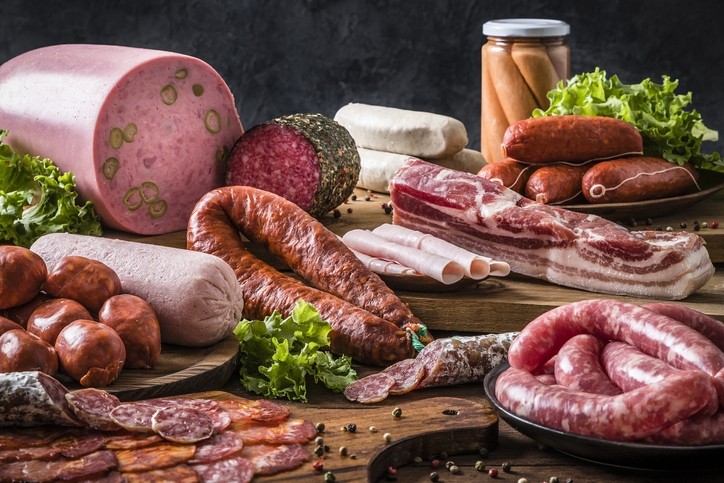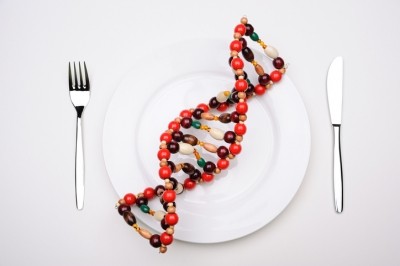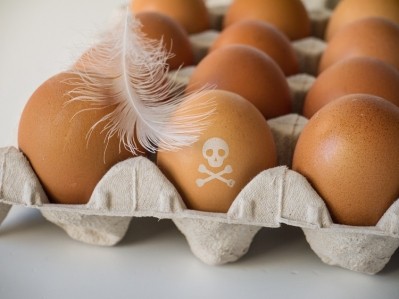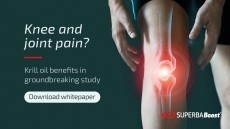EC urged to adopt strict measures on nitrosamines after latest EFSA health concerns

EFSA's assessment on the public health risk related to the presence of nitrosamines in food and found that ten nitrosamines found in food are carcinogenic (can cause cancer) and genotoxic (may damage DNA).
EFSA consulted external stakeholders on its draft opinion and the numerous comments received were considered when finalising it.
Potential health risks
EFSA carried out its assessment by evaluating the potential harm caused by nitrosamines to humans and animals and assessing consumer exposure.
Dr Dieter Schrenk, Chair of the Panel on Contaminants in the Food Chain, said: “Our assessment concludes that for all age groups across the EU population, the level of exposure to nitrosamines in food raises a health concern.”
Dr Schrenk added: “Based on animal studies, we considered the incidence of liver tumours in rodents as the most critical health effect”.
“To ensure a high level of consumer protection, we created a worst-case scenario for our risk assessment. We assumed that all nitrosamines found in food had the same potential to cause cancer in humans as the most harmful nitrosamine, although that is unlikely.”
Which foods contain nitrosamines?
Though nitrosamines have been found in different types of foodstuffs such as processed fish, cocoa, beer and other alcoholic beverages, the most important food group contributing to nitrosamines exposure is meat and meat products.
Nitrosamines may also be present in other foods including processed vegetables, cereals, milk and dairy products, or fermented, pickled and spiced foods.
Currently, there are some knowledge gaps about the presence of nitrosamines in specific food categories. Balancing the diet with a wider variety of foods could help consumers to reduce their intake of nitrosamines.
EFSA’s opinion will now be shared with the European Commission, which will discuss with national authorities what risk management measures are needed. The European Commission and Member States are due to revise maximum levels of this additive later this month.
‘There should be no more procrastination’
Chris Elliot, professor of food safety at Queen’s University in Belfast, in a tweet, described the latest assessment as 'more damming evidence about nitrites in our meat' and repeated his calls for a ban on nitrosamines.
Camille Perrin, Senior Food Policy Officer at consumer group BEUC, told FoodNavigator that “EFSA’s conclusions could not be clearer. For all age groups across the EU population, consumers are exposed via their food to a level of nitrosamines which raises a health concern. It is time for the authorities to follow suit and restrict additives such as nitrites, which are responsible for generating harmful nitrosamines. We look to EU decisionmakers to put consumers’ health first when they agree on maximum levels.”
Another consumer group foodwatch said the latest assessment underlines that ‘the most important food group contributing to nitrosamines exposure is meat and meat products’.
“Coming from EFSA, this is important, and it should lead to a strong political decision,” Camille Dorioz, campaign manager at foodwatch France, told FoodNavigator. In 2022 the French Agency for Food, Environmental and Occupational Health & Safety (ANSES) went further and established a positive link between exposure to nitrites and colorectal cancer. The International Agency for Research on Cancer has also concluded that 4,380 new cases of cancer per year (stomach and colon) are attributable to the consumption of processed meat in France. “Charcuterie manufacturers are already able to produce nitrite-free,” Dorioz told us. “There should be no more procrastination and therefore a ban on these additives.”
foodwatch has been campaigning on the issue of cancer linked to the consumption of nitrites and nitrates added to food since 2019 in France. Nearly 500,000 people have signed the petition launched by foodwatch, the League Against Cancer and the Yuka app to call for a ban on these additives: E249, E250, E251 and E252.
“EFSA says that there are some knowledge gaps about the presence of nitrosamines in specific food categories. But for the meat products, there is a scientific consensus,” said Dorioz. “So inaction is unacceptable.”














